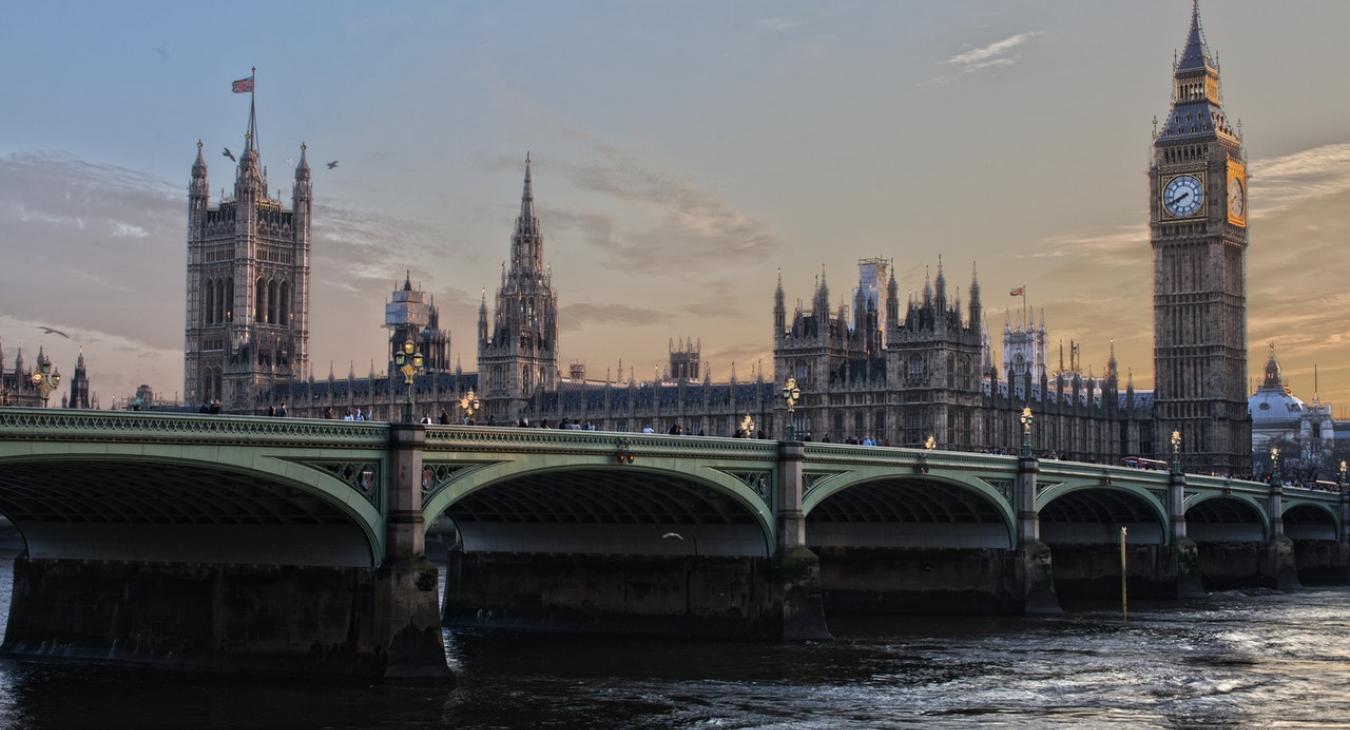
Last night saw extraordinary events in Westminister, 21 Tory rebels taking a stand, one of them even crossing the floor in front of Prime Minister Boris Johnston to join the Liberal Democrats, and a crushing defeat for the British Government.
In a few hours of high drama, MP's voted by 328 to 301 to seize control of the parliamentary agenda in an effort to avoid a no-deal Brexit. In a night of historic proportions, even Charles Stewart Parnell was invoked by pro-Brexit MP Jacob Rees-Mogg during a fractious debate.
The turmoil in the Commons was described by Rees-Mogg the leader of the Commons "as the most unconstitutional use of this house since the days of Charles Stewart Parnell when he tried to bung up the house", when his Home Rule Party obstructed the business of parliament by using filibuster tactics to delay bills going through the house.
It was epic high drama, though it is worth recalling the Commons has seen a serving Conservative Prime Minister filleted by his own back benchers before, just as the Second World War was starting.
In early May 1940, the British were wrong-footed by the German invasion of Norway, and had to evacuate the forces they had sent there. This provoked a huge political controversy which broadened into a debate not just on military matters in Norway but on the policy of appeasement of Hitler promoted by the Government headed by Neville Chamberlain. The most notorious part of this policy was the Munich agreement of 1938 which in essence handed Czechoslovakia over to the Nazis.
The debate was an adjournment debate spanning three days but rapidly change from a debate on the Norway Campaign into a criticism of the government's whole war effort. One of the key speeches in the debate was by conservative backbencher Leo Amery who called for the formation of a national government involving the TUC.
Neville Chamberlain misread the mood of the house in his contribution when he stated:
" I accept the challenge. I welcome it indeed. At least we shall see who is with us and who is against us, and I call on my friends to support us in the Lobby tonight."
That shocked many present who regarded it as divisive to be so explicit in relying on whipped support from his own party.
The government's notional majority was 213, but 41 members who normally supported the government voted with the Opposition while an estimated 60 other Conservatives deliberately abstained. The government still won the vote by 281 to 200, this might have been perfectly sustainable in most circumstances, but not in time of war.
The outcome of the debate was the resignation of Chamberlain and the formation of a national government under the premiership of Winston Churchill. It was said during the recent conservative leadership contest the party membership was seeking a Churchill type figure when they chose Boris Johnston. It would appear that what they got was a Neville Chamberlain.
Peter Rigney ICTU
